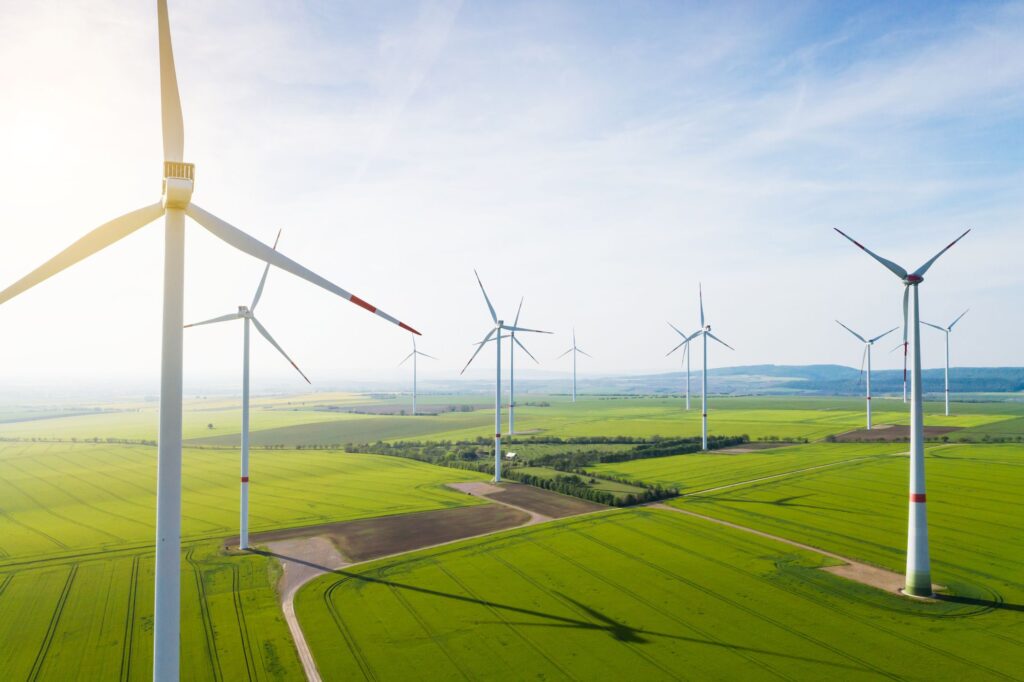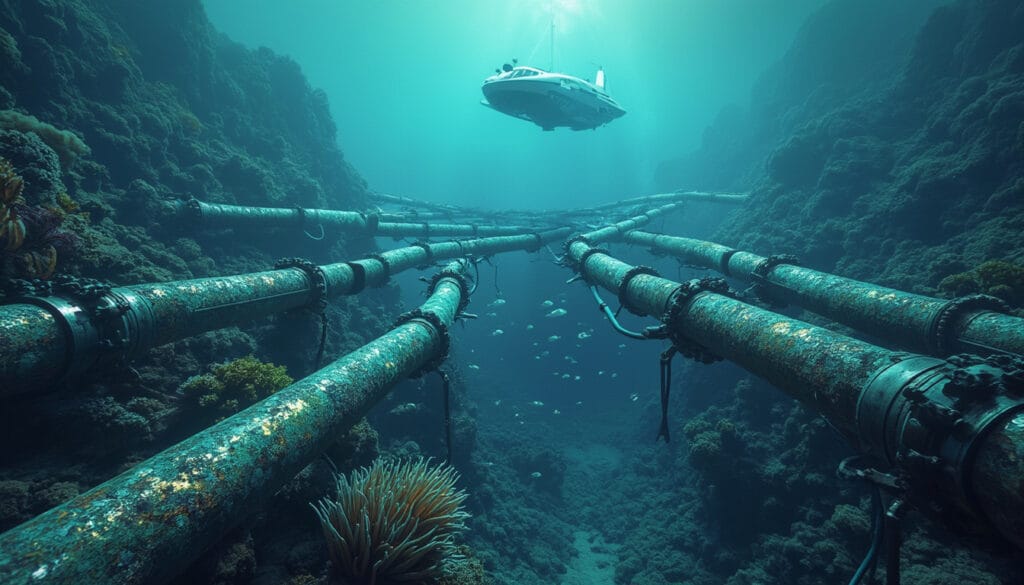A recent study highlights the untapped potential of water systems to encourage the adoption of renewable energies. With projects such as the production of green hydrogen through electrolysis using water and renewable electricity, African countries, among others, could transform their energy sector. This transition would not only enhance energy security but also promote sustainable growth, reducing dependence on fossil fuels and limiting climate impact. Water, already used for mini-hydropower plants, could thus play a key role in this energy revolution.

Untapped potential: how water systems promote the adoption of renewable energies
The link between renewable energies and water systems seems obvious, but it often remains under-exploited. However, according to a recent study, mini-hydropower plants and the use of water for producing green hydrogen are providing innovative solutions for cleaner energy. Indeed, water is not only a vital resource for humanity but also a potential lever for the energy transition.
Mini-hydropower plants: clean and stable energy
Mini-hydropower plants are increasingly viewed by experts as a viable option for generating electricity in a decentralized and environmentally friendly manner. Designed to be installed in remote rural areas, they offer an alternative to fossil fuels while minimizing ecological impact. These structures generate energy from local rivers and waterways, thus valuing a potential that is often overlooked.
One of the great strengths of mini-hydropower plants is their ability to provide stable and predictable energy, unlike other renewable sources such as solar or wind, which depend on weather conditions. By generating constant electricity, they ensure a certain level of energy security, essential for remote communities. To learn more about renewable energies, you can refer to this practical guide.
Green hydrogen: a promising future
Hydrogen is often seen as the future of clean energy. Produced by electrolysis of water, green hydrogen generates no greenhouse gas emissions during its production, provided that the electricity used comes from renewable sources. This innovative process could revolutionize our approach to energy production. By using water as a raw material, it is possible to store and transport energy in the form of hydrogen, thus facilitating its distribution.
Moreover, hydrogen systems could play a significant role in storing energy produced by other intermittent renewable sources. For example, excess energy generated by wind or solar farms could be used to produce hydrogen during periods of low demand. This would help compensate for production fluctuations and ensure a continuous energy supply. To explore these prospects further, you can visit this tribute to Hermann Scheer.
In conclusion, water systems offer enormous potential to promote the adoption of renewable energies. Whether through mini-hydropower plants or green hydrogen production, harnessing this natural resource could transform our energy landscape. For more insights on renewable energies, you can check this accessible report here.
Il faut continuer à déployer les énergies renouvelables mais aussi construire les infrastructures pour les intégrer intelligemment au réseau.
— Yoann Nussbaumer (@Shain) September 15, 2024
L’énergie doit être renouvelable et décentralisée. https://t.co/YFFEdKJSA6
“`
Articles similaires
Thank you!
We will contact you soon.














